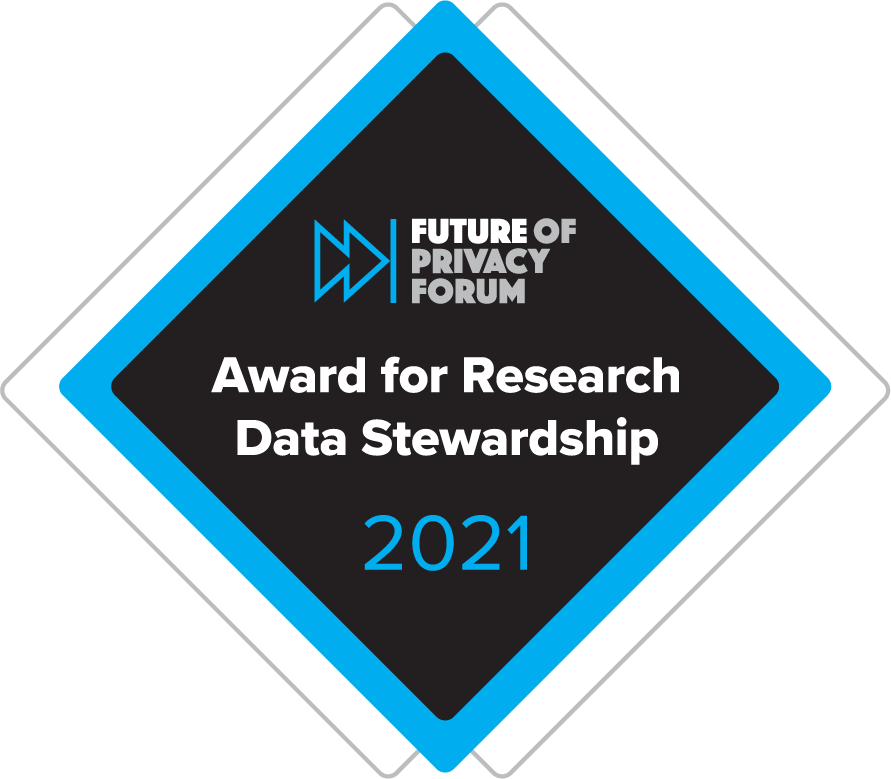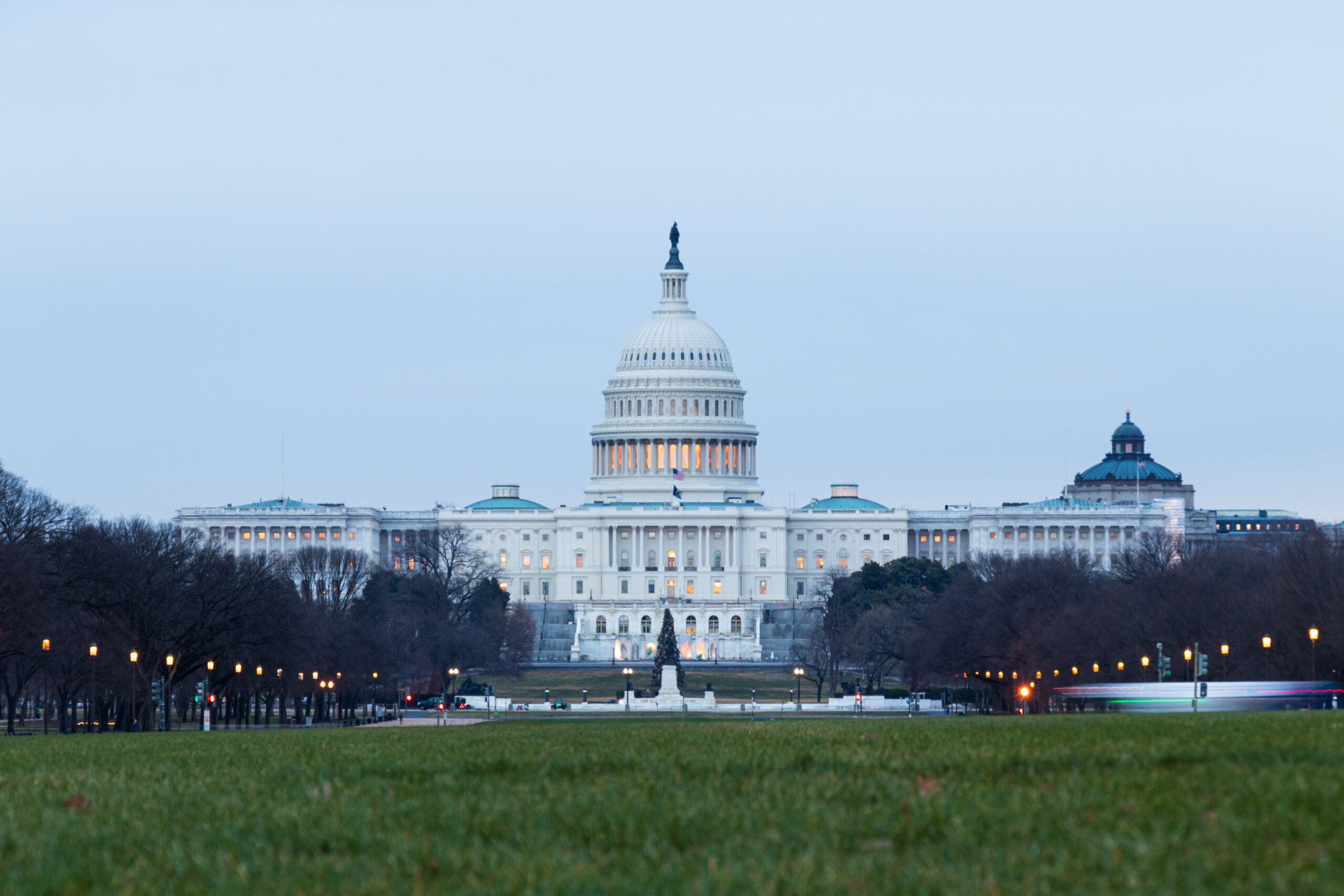
Event Recap: Dublin Privacy Symposium 2021, Designing for Trust: Enhancing Transparency & Preventing User Manipulation
Key Takeaways The biggest challenge to increase UX transparency may be encouraging people to make deliberate decisions from a UX design perspective. Even designers’ color and shape choices in UI can be subtle ‘dark patterns’ that might even prevent, e.g., color-blind users from understanding the options at hand. Organizations should ask themselves whether they should […]

Lessons for a Federal Private Right of Action in US Privacy Law after TransUnion LLC v. Ramirez
In June 2021, the Supreme Court handed down TransUnion v. Ramirez, 594 U.S. ___ (2021), its latest decision concerning Article III standing, which determines a plaintiff’s eligibility to sue in federal court. Even when a federal law expressly creates a private right of action to enforce a federal right or other violation of the law, […]

Navigating Preemption through the Lens of Existing State Privacy Laws
This post is part of an ongoing series on federal preemption and enforcement in United States federal privacy legislation. See Preemption in US Privacy Laws (June 14, 2021). In drafting a federal baseline privacy law in the United States, lawmakers must decide to what extent the law will override state and local privacy laws. In […]

Stanford Medicine & Empatica, Google and Its Academic Partners Receive FPF Award for Research Data Stewardship
The second-annual FPF Award for Research Data Stewardship honors two teams of researchers and corporate partners for their commitment to privacy and ethical uses of data in their efforts to research aspects of the COVID-19 pandemic. One team is a collaboration between Stanford Medicine researchers led by Tejaswini Mishra, PhD, Professor Michael Snyder, PhD, and […]

Research from Stanford Medicine and Empatica, Inc: Early Detection of COVID-19 Using Empatica Smartwatch Data
Tejaswini Mishra, PhD, Michael Snyder, PhD, Erika Mahealani Hunting, Alessandra Celli, Arshdeep Chauhan, and Jessi Wanyi Li from the Stanford University School of Medicine’s Department of Genetics, and Empatica Inc. are the recipients of the second-annual FPF Award for Research Data Stewardship. The collaboration between the research team from Stanford Medicine and Empatica, a medical […]

Google: COVID-19 Community Mobility Reports
Google has been recognized with the second-annual FPF Award for Research Data Stewardship for its work to produce, aggregate, anonymize, and share data on community movement during the COVID-19 pandemic. Google’s Community Mobility Reports go through a robust anonymization process that employs differential privacy techniques to ensure that personal data, including an individual’s location, movement, […]

FPF Issues Award for Research Data Stewardship to Stanford Medicine & Empatica, Google & Its Academic Partners
WASHINGTON, DC (June 29, 2021) – The second-annual FPF Award for Research Data Stewardship honors two teams of researchers and corporate partners for their commitment to privacy and ethical uses of data in their efforts to research aspects of the COVID-19 pandemic. One team is a collaboration between Stanford Medicine researchers led by Tejaswini Mishra, PhD, Professor […]

ITPI Event Recap – The EU Data Strategy and the Draft Data Governance Act
On May 19, 2021, the Israel Tech Policy Institute (ITPI), an Affiliate of The Future of Privacy Forum (FPF), hosted, together with the Tel Aviv University, The Stewart & Judy Colton Law and Innovation Program, an online event on the European Union’s (EU) Data Strategy and the Draft Data Governance Act (DGA). The draft DGA […]

Preemption in US Federal Privacy Laws
This post is the first in an ongoing series on federal preemption and enforcement in United States federal privacy legislation. As federal lawmakers consider proposals for a federal baseline privacy law in the United States, one of the most complex challenges is federal preemption, or the extent to which a federal law should nullify the […]

India’s new Intermediary & Digital Media Rules: Expanding the Boundaries of Executive Power in Digital Regulation
The majority of these provisions were unanticipated, resulting in a raft of petitions filed in High Courts across the country challenging the validity of the various aspects of the Rules, including with regard to their constitutionality.
